Washington’s new tariffs, especially on aluminum, steel, wood and consumer products, have put the two countries’ supply chains under great pressure. Not only are large corporations affected, but small businesses owned by Vietnamese are also burdened with shipping costs, taxes and rising raw material prices.
Hoang Nguyen, owner of a furniture manufacturing company in Toronto, said the cost of importing wood from the US has increased more than 20% since August, causing profits to plummet. “We have to find supplies from Asia and Mexico to maintain production. However, shipping times are longer and logistics costs are not cheap,” said Hoang Nguyen.
Meanwhile, many Vietnamese businesses in the retail or imported food sectors are also indirectly affected when the price of goods from the US increases, causing domestic retail prices to escalate. Some Vietnamese restaurants in Vancouver and Calgary said they had to adjust their menus, reducing the portion of imported beef and seafood to keep prices stable for customers.
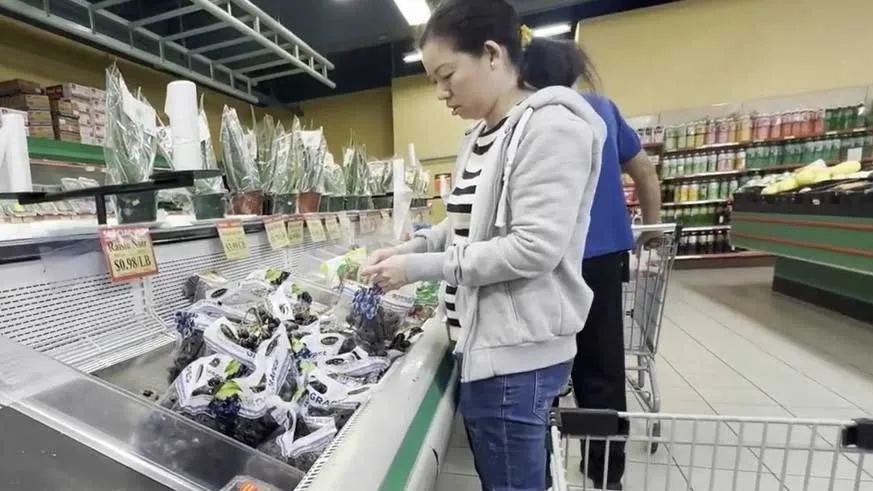
The Canadian government is in talks with Washington to ease trade tensions, but the outlook is unclear. Meanwhile, the Vietnamese business community has shown dynamism by shifting exports to European and Asian markets. Lien Tran, director of a garment company in Montreal, said her business has increased orders to France and Japan in the past three months. “We cannot rely entirely on the US,” she said. “This is also an opportunity to diversify markets and improve product quality.”
Economists say Vietnamese Canadians have the advantage of flexibility and adaptability, especially in the small manufacturing, restaurant and service trade sectors. However, they also face capital pressure, high interest rates and rising energy costs, factors that make it more difficult to maintain profits. Some local banks such as Bank of Montreal and RBC have launched financial support programs for immigrant businesses affected by trade tensions.
In addition, the Vietnamese Business Association in Canada (VBAC) in collaboration with the Canadian Ministry of Trade organized a workshop to guide Vietnamese businesses in taking advantage of free trade agreements such as the Comprehensive and Progressive Agreement for Trans- Pacific Partnership (CPTPP) and the Vietnam - European Union Free Trade Agreement (EVFTA) to expand exports to the Asia-Pacific region.
Not only businesses, but Vietnamese consumers in Canada are also changing their spending habits to adapt. Many families in Toronto and Montreal said they switched to buying domestic or Asian products instead of American goods, which have increased in price.
“I used to buy powdered milk and cakes imported from the US, but now I switch to Canadian and Thai products, which are cheaper and of good quality,” said Hong Nguyen, a resident of Vancouver. Some Vietnamese-owned stores are also taking advantage of this trend to promote domestic products, encouraging “support for Canadian products.”
Vietnamese community forums on social media are becoming a place to share experiences in coping with rising prices. Many people advise each other to buy dry goods together, split shipping costs, and take advantage of discount codes and holiday promotions. Quick adaptation and a spirit of mutual support help the Vietnamese community maintain a stable life despite economic difficulties.
Despite the challenges, the Vietnamese community in Canada is still showing its resilience and solidarity. From small pho shops in Kensington Market to factories in suburban Ontario, they all have the same goal: to maintain their jobs, stabilize their family life and continue to contribute to the economy of the land of maple leaves during this turbulent period.
Gradually adapting to trade fluctuations, many Vietnamese businesses are also targeting new markets, expanding cooperation and seeking more development opportunities in Canada's dynamic, multicultural economic environment.
Source: https://www.sggp.org.vn/nguoi-viet-tai-canada-linh-hoat-thich-ung-nhanh-post821277.html


![[Photo] The road connecting Dong Nai with Ho Chi Minh City is still unfinished after 5 years of construction.](https://vphoto.vietnam.vn/thumb/1200x675/vietnam/resource/IMAGE/2025/11/04/1762241675985_ndo_br_dji-20251104104418-0635-d-resize-1295-jpg.webp)

![[Photo] Ho Chi Minh City Youth Take Action for a Cleaner Environment](https://vphoto.vietnam.vn/thumb/1200x675/vietnam/resource/IMAGE/2025/11/04/1762233574890_550816358-1108586934787014-6430522970717297480-n-1-jpg.webp)
![[Photo] Panorama of the Patriotic Emulation Congress of Nhan Dan Newspaper for the period 2025-2030](https://vphoto.vietnam.vn/thumb/1200x675/vietnam/resource/IMAGE/2025/11/04/1762252775462_ndo_br_dhthiduayeuncbaond-6125-jpg.webp)

![[Photo] Ca Mau "struggling" to cope with the highest tide of the year, forecast to exceed alert level 3](https://vphoto.vietnam.vn/thumb/1200x675/vietnam/resource/IMAGE/2025/11/04/1762235371445_ndo_br_trieu-cuong-2-6486-jpg.webp)
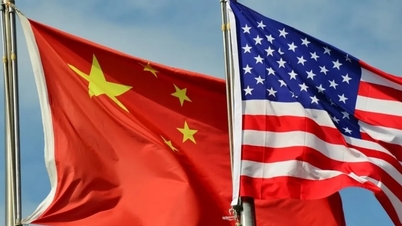

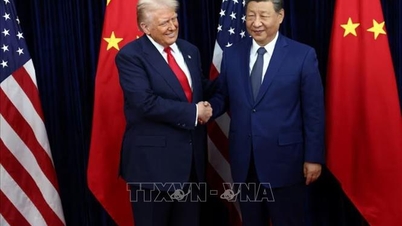


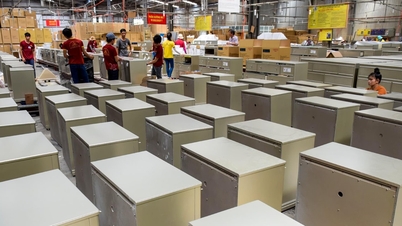

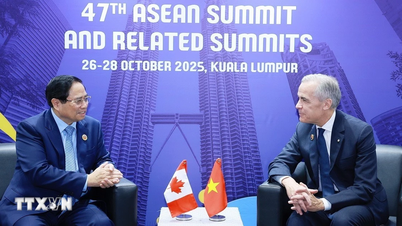









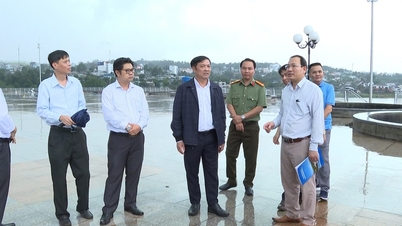


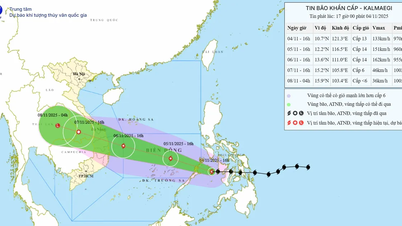



































































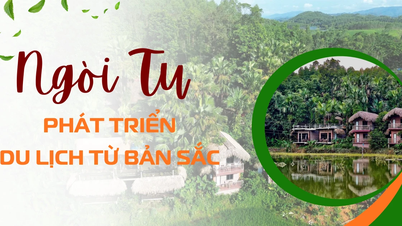














Comment (0)